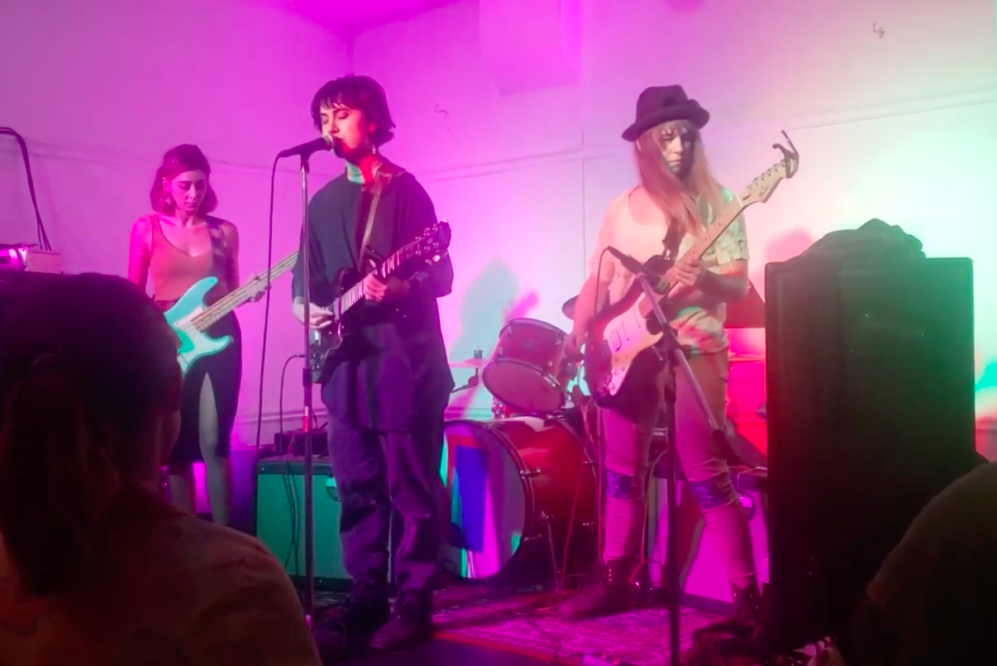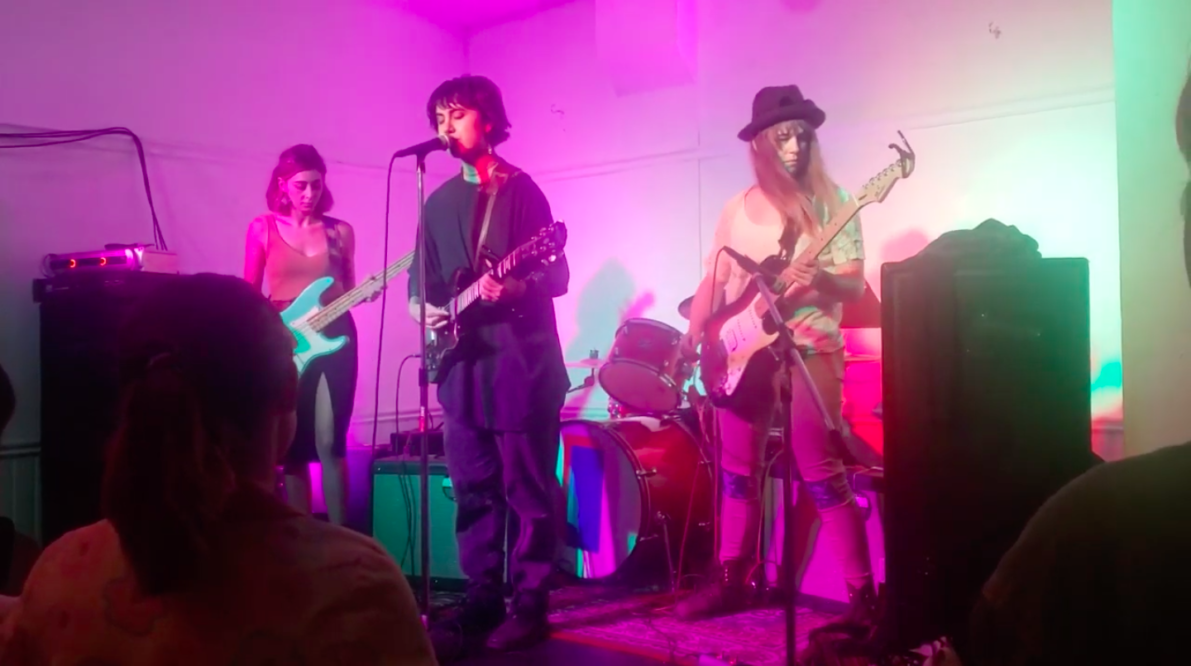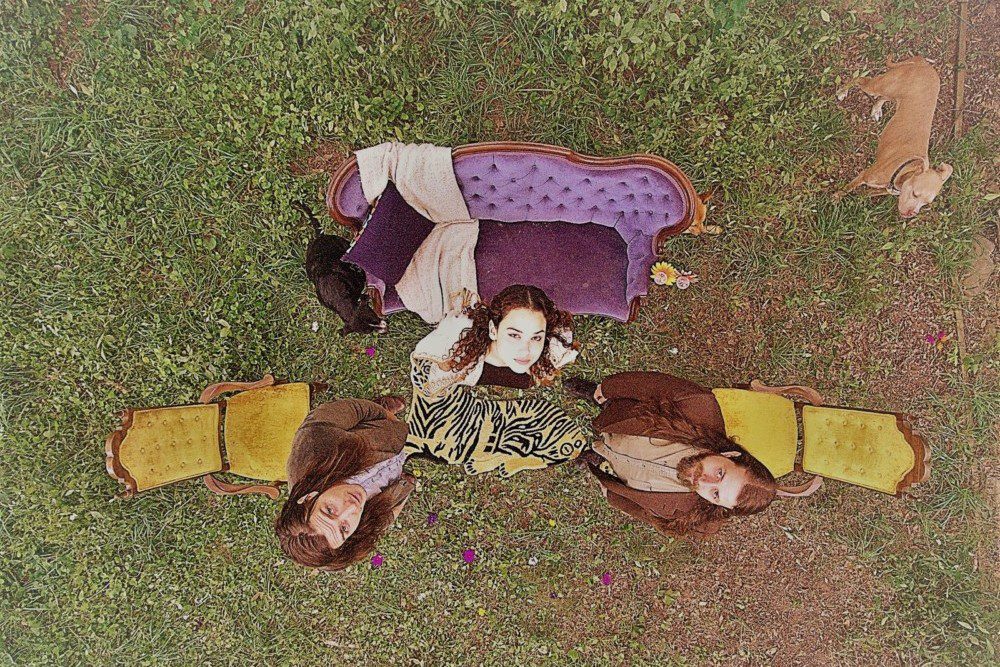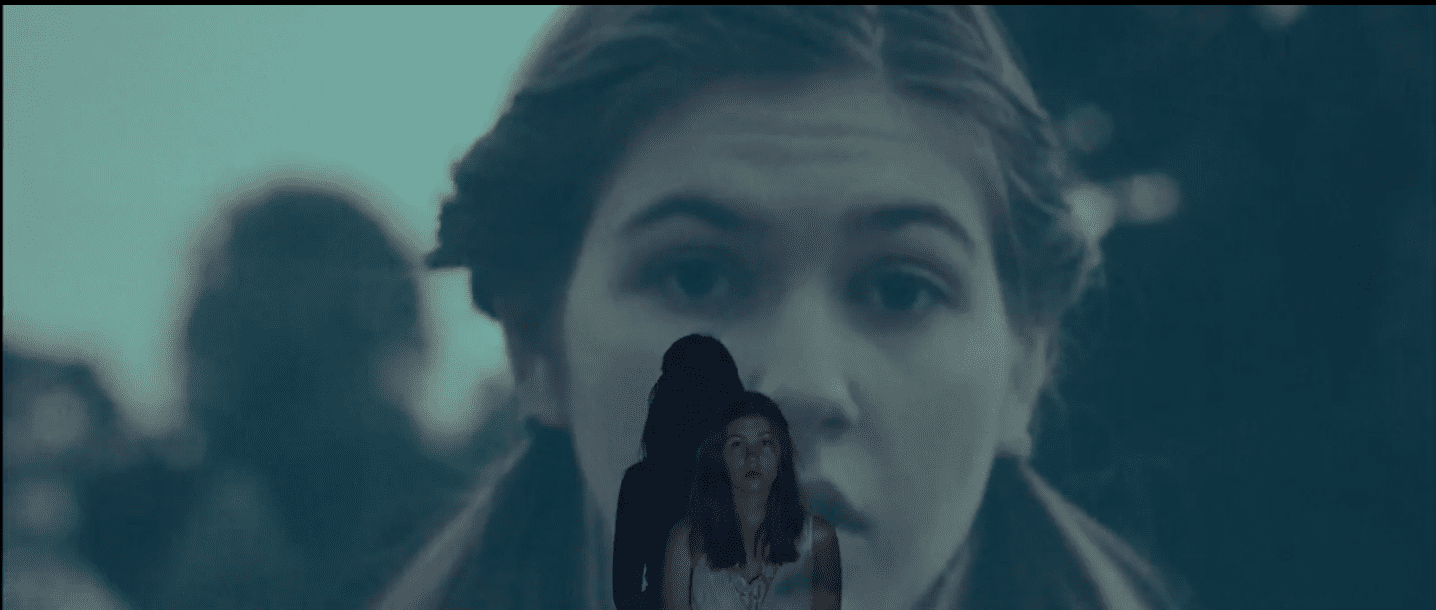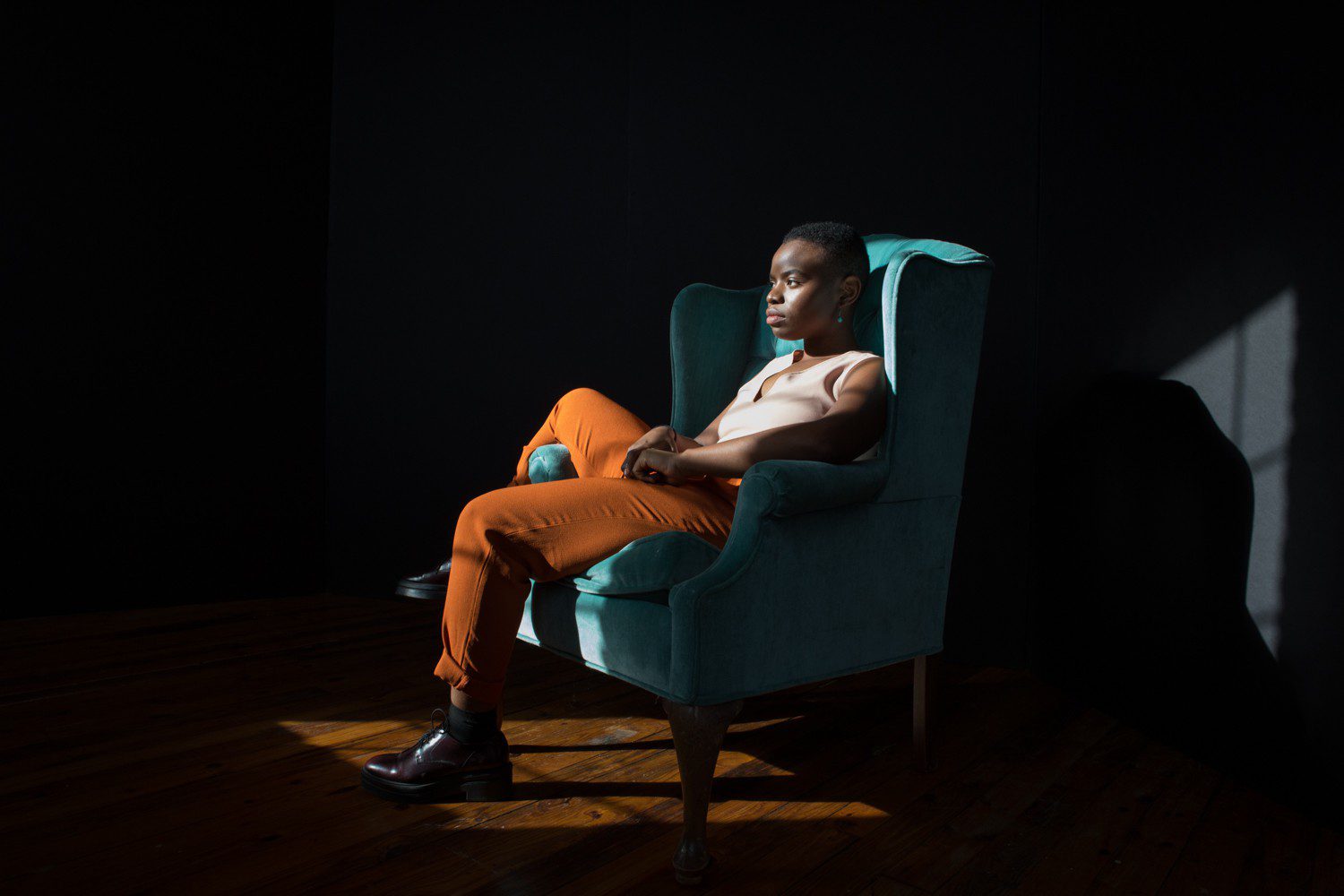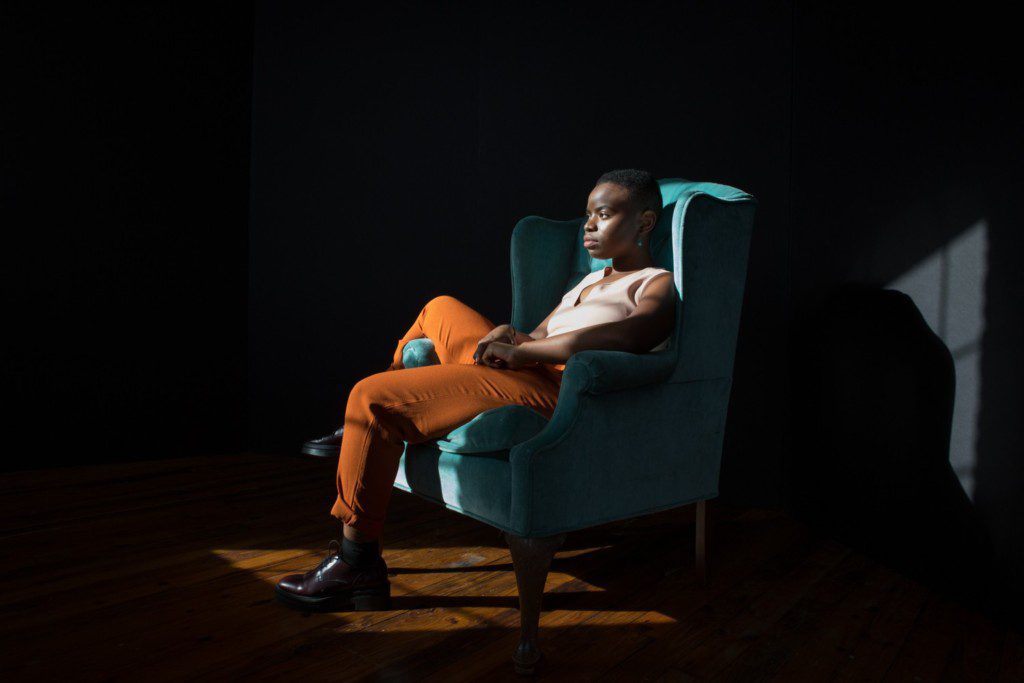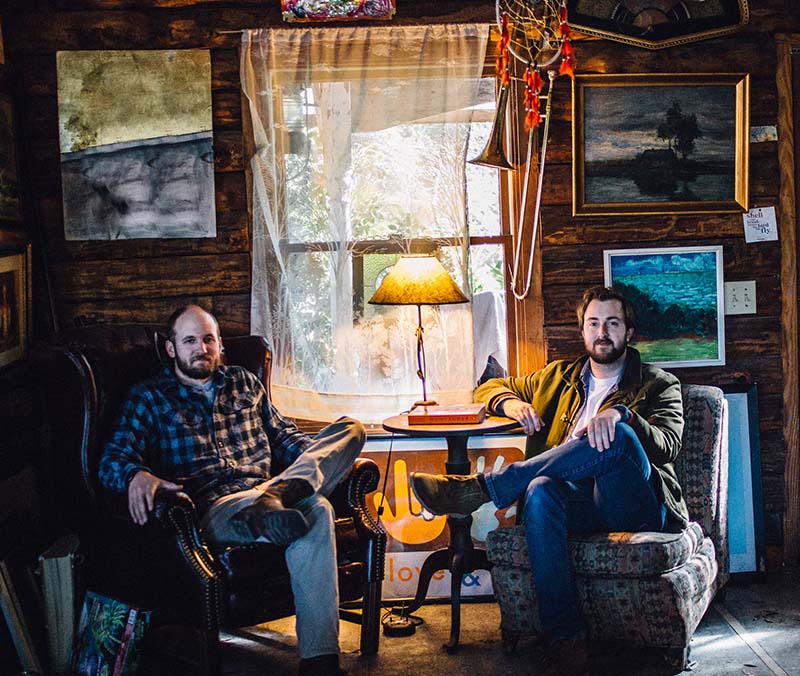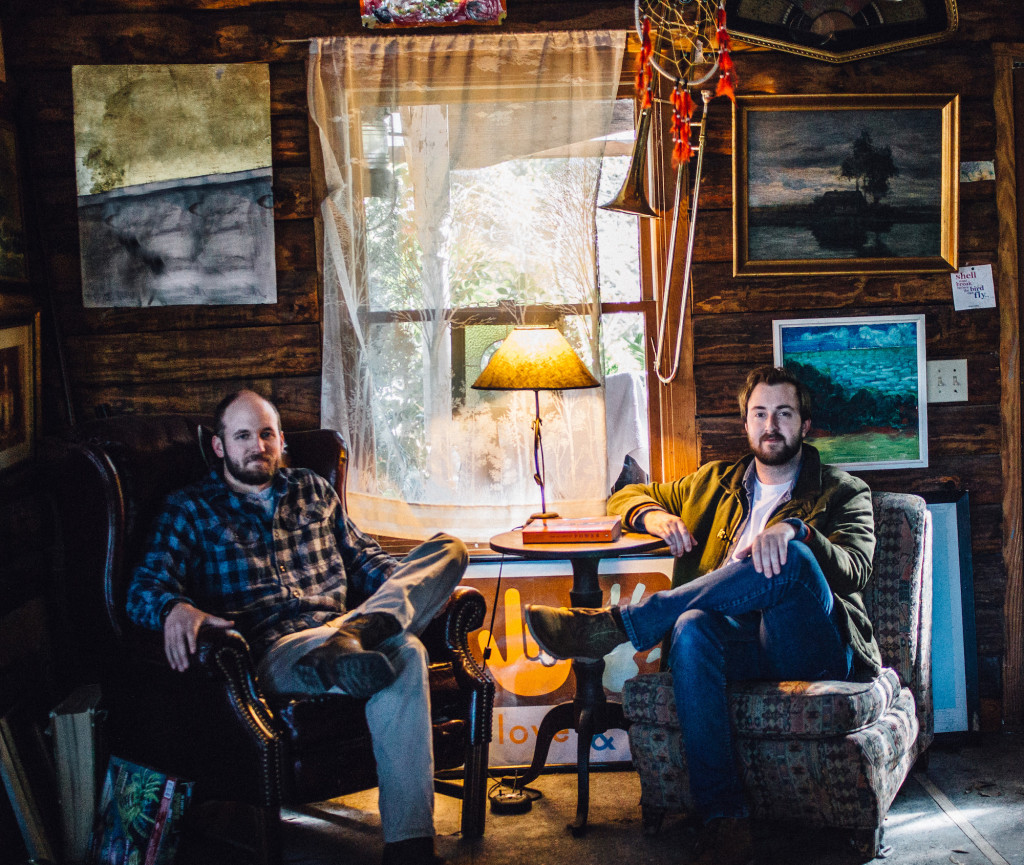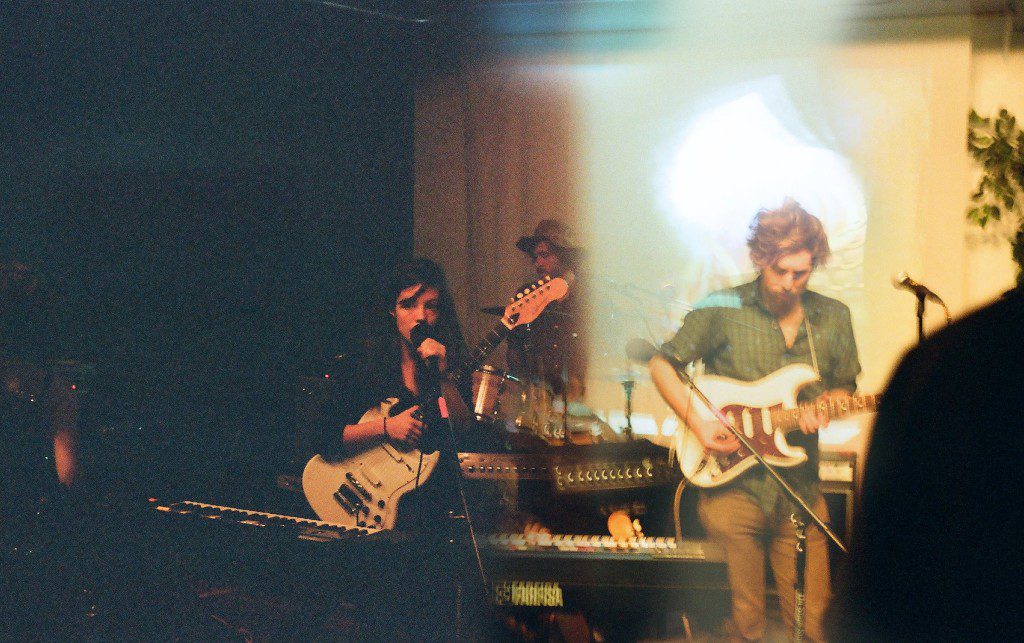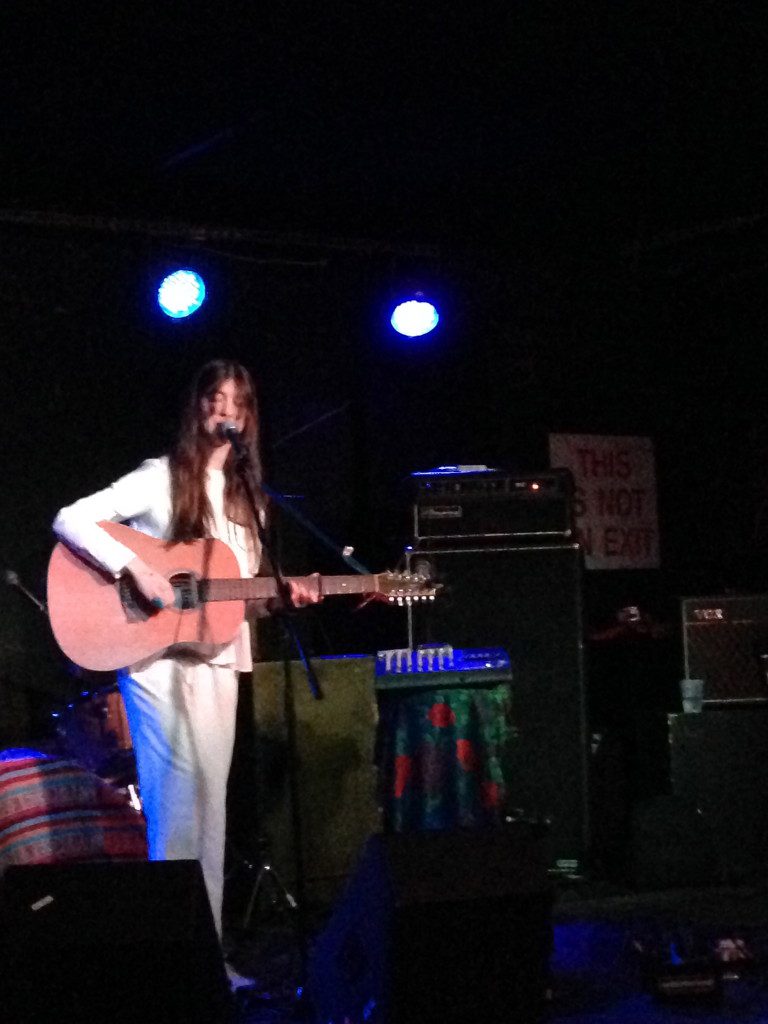

A nomad since birth, crossing borders from France, Italy, England and finally overseas to America, home was not so easy to define for Cristina Vane. On her debut LP Nowhere Sounds Lovely, released April 2nd, the Nashville singer-songwriter documents her experiences on a road tripacross the United States, rediscovering her roots and exploring her own questions of identity, both personally and musically. A wholly unique venture from her typical realm of folk rock, Vane fleshes out picturesque and anecdotal ballads with added doses ofthe Western styles of music she stumbled upon and came to love on her journey.
Born to a Sicilian-American father and Guatemalan mother, the family’s constant migration around Europe paved the way for the singer’s unique style, owing to a diverse exposure of manifold international music markets. In her adolescence, Vane resonated with the sounds of electronica, ‘90s British indie bands and classic rock ‘n’ roll groups predominant in the eclectic European music scene of the time. Influenced by artists like Alanis Morissette, The Cranberries, Dire Straits and Depeche Mode, Vane felt compelled to siphon her disposition into angsty tones of folk and blues rock. Belting out full-bodied vocals and intimate guitar vibrations on her previously released tracks and EPs was only the beginning of an evolutionary road for her musical career.
After moving to the U.S. at the age of 18, Vane chewed over matters of identity and her position in the world as a musician as well as the physical and emotional idea of home. Drawn to the music scene and sense of community in LA, she migrated to the West Coast, employing her passion and knowledge of music by working in a folk guitar shop. While attempting to settle in a city she had hoped to call home, Vane felt lost in the overwhelming crowd of other locals. On “Will I Ever Be Satisfied”the musician ardently expresses her longing in a beautifully sung melody on top of an old hymn-like tune: “I have asked too many questions/Andonly echo no reply/Into these voices I have listened/They cannot know me or my strife.”
With pondering thoughts and a desire to pursue music more seriously, the artist packed up her instruments, gave up her apartment and set out on a five-month tour across the U.S. arranged entirely on her own. “Traveling Blues” sets the scene of what the trek was like on the road – sleeping in tents at campsites and on strangers’ couches, playing gigs in tiny bars and backyards, aimlessly moving along without knowing the road ahead. It wasn’t all glitz and glamour. “Sometimes you’ve got to get lost to get your feet back on the ground,” she sings, followed by, “This path leads to nowhere/Nowhere sounds lovely/Well I’d sure like to go there.” Craving the thrill of adventure rather than a fancy vacation, the musician rolled along an unfamiliar path that would change her life forever.
Encountering the great American sights from Utah to Texas to Louisiana, Vane had the chance to reclaim her identity as an American in a country she had roots in, but never fully explored. “Badlands” and “Dreaming of Utah” gives listeners insight into the awe of experiencing the wonders of these sights for the first time. Embroidered with grungy electric guitar riffs and gliding notes, “Blueberry Hill” provides a snapshot of the Western desert landscapes, “high on that mountain” in Taos, New Mexico, a spot frequented by the musician on her route.
Visually satiated with the picturesque landscapes of the American plains, Vane also had a chance to develop an infatuation with the historical music of the South. By then, the idea that she had to leave LA for Tennessee had crystalized in Vane’s mind. “[The trip] was totally inspiring,” she tells Audiofemme. “I came back and realized that I needed to move to the South to get closer to the history that’s still alive.” Vane set off for Nashville, picking up the banjo, pedal steel guitar and even a little fiddle along the way, with the intention of writing an album more reflective of her cherished memories of the American South.
The musician soon began piecing together songs blended with elements of Appalachian mountain, old-time and bluegrass music. “Over my journey I started to learn more about Hank Williams, The Carter Family and [other] country music,” she explains. “When I got into the studio five months laterI had some songs I had written from last summer; in my head I was referencing a country waltz, and I said ‘let’s put pedal steel on it.’ I never played with those things in my life, but I knew that was the vibe I wanted for that song.” With the guidance of Cactus Moser, a Grammy Award-winning producer known for his work with Wynonna Judd, Vane crafted a well-rounded album packed with lush melodies, heartfelt lyrics and musical memories she acquired on her trip.
As a foreigner for most of her life, Vane was moved by the culture of community in the South, deeply rooted in its music. “Family is important,” she says. “It’s Southern culture. If you think of some of the roots of its musical genres, family has a really deep meaning for a lot of people.”
With her travel stories, her experiences, and the Southern music she unearthed, Vane was able to satisfy her thirst for community and belonging, confidently calling Tennessee home. Embellished with the slow wails of the electric guitar intertwined with the fiddle, “Satisfied Soul” encapsulates the delightful afterglow of her travels and the comforting bliss of finding home.
A vibrant compilation of documented travel stories, Nowhere Sounds Lovely commands attention with its impressive mash-up of blues, rock, bluegrass and old-time music. With each song telling a different story (as Vane puts it, like “an ice cream cabinet where you can choose any of the flavors,”) the album evokes the wonder and exhilaration of being lost in unfamiliar places and in the search for a deeper meaning of belonging. Through her album, Cristina Vane hopes to promote acceptance between those with deep cultural roots and those lost wanderers or nomads, like herself, without any roots at all. “There’s nothing wrong with being proud of where you’re from, but there is something wrong with alienating people because they’re not born and raised somewhere,” she says. “Some of us don’t have that luxury.”
Follow Cristina Vane on Facebook and Instagram for ongoing updates.


